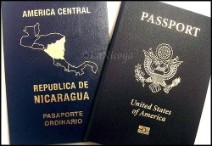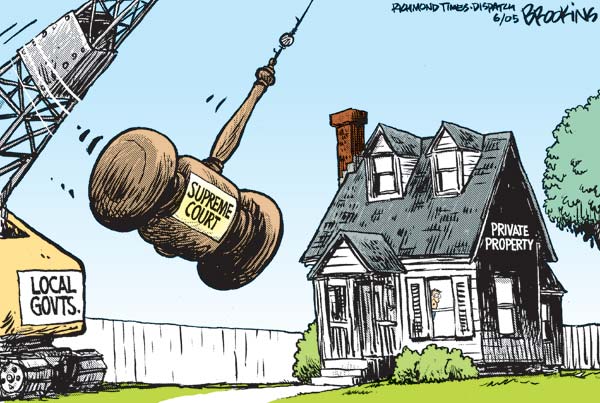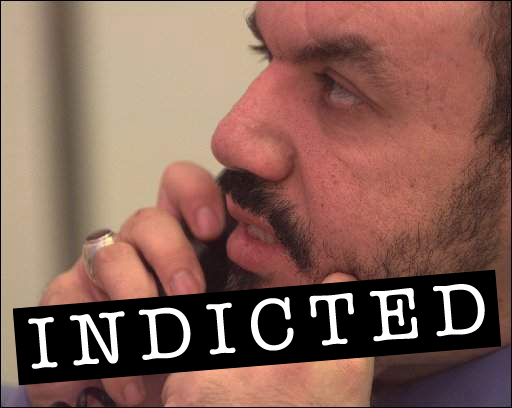Summary
Chapter 16 is about the natural rights of American citizens-- the rights to life, liberty and property. The rights that America offers to its people, citizens and aliens, are central to the meaning of being an American. As our society undergoes changes, the interpretation of the rights provided by the Constitution and its amendments have evolved as well. The specific rights discussed in this chapter are citizenship rights, property rights, due process rights, privacy rights, and rights of persons accused of crimes. The rights provided by our Constitution also bring up the question of whether or not our system is just.
Key Terms
---------------------------------------------------------------------------------------------------------------------------------------------------------------------------
Citizenship Rights

|
Naturalization is the acquisition of citizenship. With some exceptions, those who are eligible are non-enemy aliens over the age of 18 who have had lawful permanent residence in the U.S. for at least 5 years and have resided in a state for 6 months.
Dual citizenship is when a person cannot renounce their previous citizenship and consequently possesses two citizenships. Right of expatriation is the right of an individual to renounce their citizenship.
|
---------------------------------------------------------------------------------------------------------------------------------------------------------------------------
Property Rights
Property rights are the right of individuals to own, use, rent, invest in, buy, and or sell property. Because the framers hoped to protect this right, the Constitution has some clauses that specifically protect property of the people.
Contract clause can be found in Article I, Section 10 of the Constitution. Originally, it prohibited the states from modifying contracts between individuals, but now, state governments does not have as much constraint in exercising their police powers.
Police powers are the powers of the state to protect the residents’ public health, safety, and welfare. The police powers restricted the contract clause’s powers as the Supreme Court allowed the states to modify contracts by 1934.
Eminent domain is a power given to both the state and national government to take private property for public use with compensation for the owner. Regulatory takings are when the government’s use of a property gained by eminent domain affects other pieces of property. This also calls for compensation to the property owners. |   
|
---------------------------------------------------------------------------------------------------------------------------------------------------------------------------
Due Process Rights

  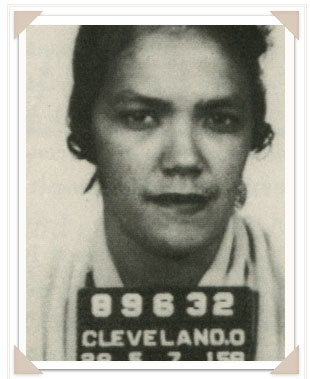 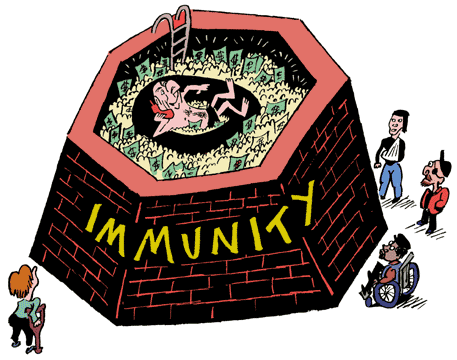 |
Due process are rules and regulations that control the government’s abuse of power. Specifically, its procedure includes a hearing before condemnation and a trial that precedes judgment.
Procedural due process controls how laws are executed and observed by the government. This mainly limits the executive and judicial branches, which apply the law and execute them. Substantive due process controls what a government can do to observe laws. This mainly limits the legislative branch because it creates the laws. A search warrant is issued by the magistrate after the police have provided probable cause to justify suspicions. Warrants must specify the place to be searched and the things to be seized because general search warrants that authorize police to search without limitation are unconstitutional. However warrantless searches in public places if the officers have probable cause are constitutional. Other exceptions include the plain-view exception, exigent circumstances, automobile exception, and foreign intelligence and national security.
Racial profiling is when the police target certain members of racial groups because of the assumption that they are likely to be involved in illicit activities.
The exclusionary rule was established by Mapp v. Ohio which requires that evidence obtained illegally cannot be used in a criminal trial.
Immunity can be granted to witnesses who authorities would rather question than prosecute. The witness no longer has the constitutional right to refuse to testify and the government cannot use the witness’s testimony to prosecute him or her.
|
---------------------------------------------------------------------------------------------------------------------------------------------------------------------------
Rights of the Accused
The grand jury is composed of 12 to 23 people who determine if there is enough evidence for a trial to take place. They are not concerned with a person’s innocence or guilt and consequently have the power to inquire all information, including hearsay.
Indictment is when a majority of the grand jury decides that a trial should take place and turns in a true bill A plea bargain can be made if the defendant pleads guilty to a lesser offense and is given a lesser sentence. This gives prosecutors a chance to avoid large expenses of time and money and defendants a chance to be charged by a milder sentence.
The petit jury is composed of 6 to 12 people who determine guilt or innocence. They are a impartial jury that represents a fair cross section of the community.
Double jeopardy, trial or punishment for the same crime by the same government, is unconstitutional (Amendment 5).
Community policing has replaced traditional police procedures, assigning police to neighborhoods to cooperate with communities in order to reduce crime and improve relations. | 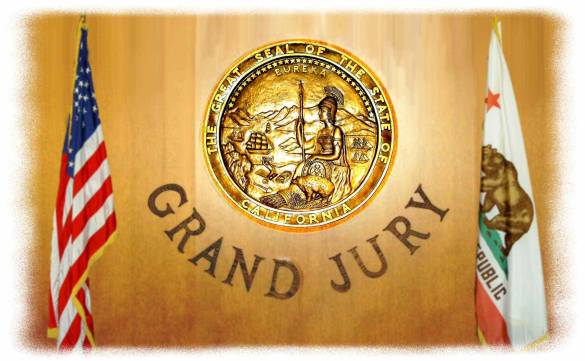
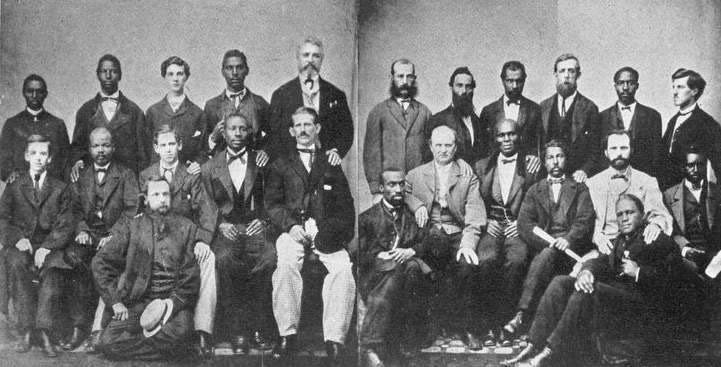 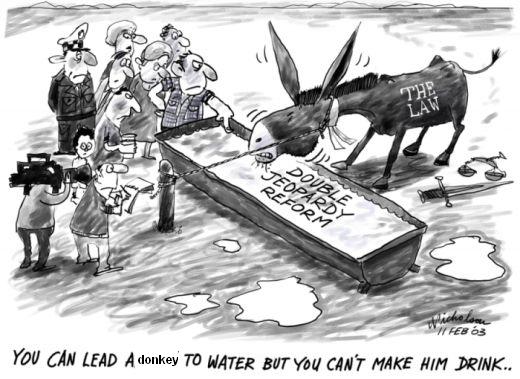  |
Review
